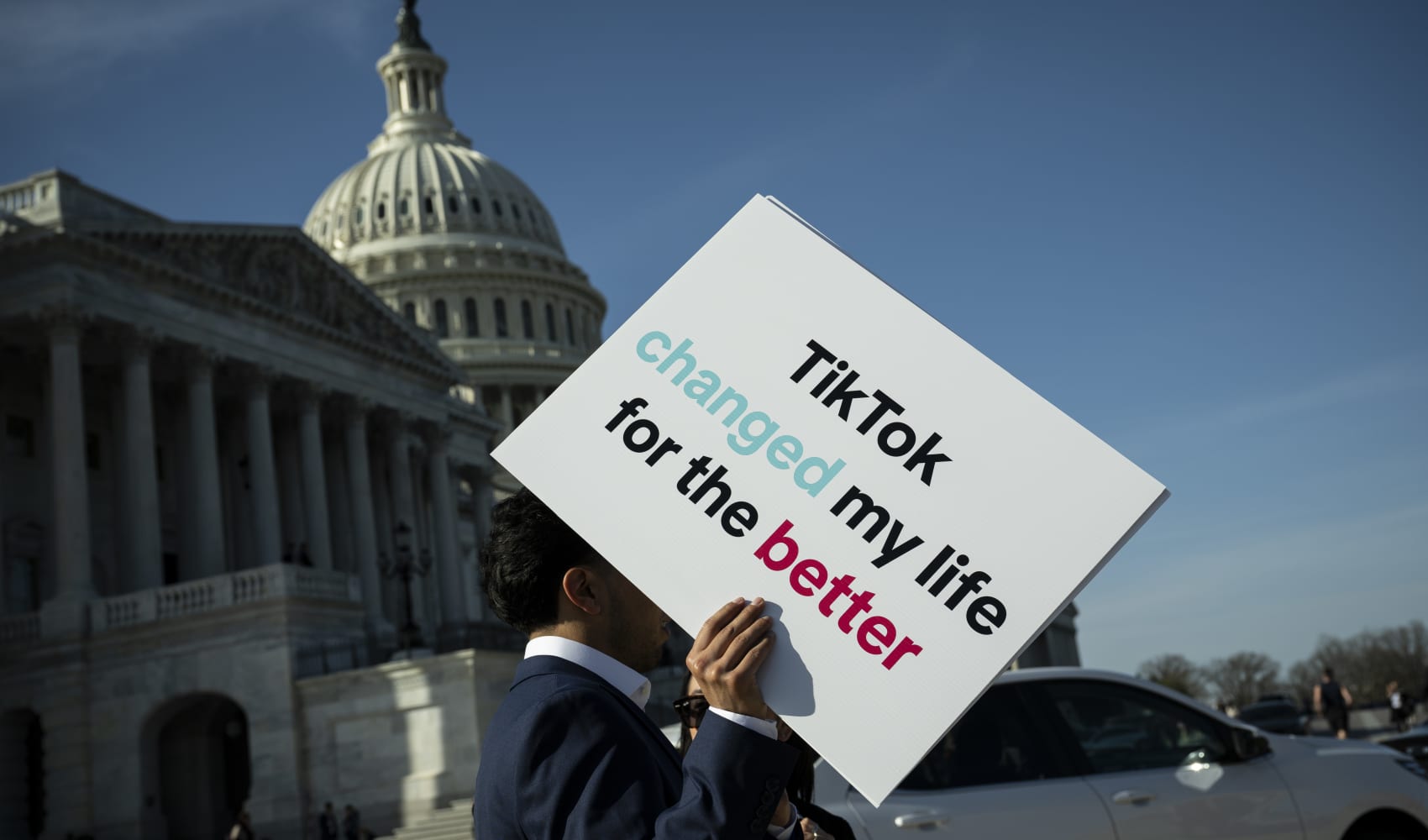
- The Biden administration is still taking steps to deliver sweeping student loan forgiveness to millions of Americans.
- The final rule for the so-called "Plan B" for student loan cancellation has been submitted to the Office of Management and Budget for review.
- "OMB review is the last step," said higher education expert Mark Kantrowitz, before the policy is published in the Federal Register.
With weeks to go before President-elect Donald Trump takes office, the Biden administration is still taking steps to deliver sweeping student loan forgiveness to millions of Americans.
The U.S. Department of Education has submitted its so-called "Plan B" for student loan cancellation to the Office of Management and Budget for review.
"OMB review is the last step" before the policy is published in the Federal Register, said higher education expert Mark Kantrowitz.
Get top local stories in Philly delivered to you every morning. >Sign up for NBC Philadelphia's News Headlines newsletter.
Once the rule is published, the Education Department could begin reducing or eliminating people's loans, Kantrowitz said.
More from Personal Finance:
The inflation breakdown for November 2024 — in one chart
Economists have 'really had it wrong' about recession
Trump tariffs would likely have a cost for consumers
President Joe Biden began working on his revised student loan relief plan after the Supreme Court blocked its first program in June 2023. The updated policy targets several groups of borrowers for relief, including those who've been in repayment for decades or attended schools that misled them.
Money Report
"The Biden administration continues to seek student debt relief even in the waning days of his tenure as president," Kantrowitz said.
The Education Department may also try, in the last month under Biden, to clear the loans of those experiencing financial hardship through a second rule also under OMB review, experts say.
That loan cancellation could reach borrowers "with persistent financial burdens that prevent them from repaying their student loans" and for whom the department's existing aid options don't fully help, an Education Department spokesperson said earlier this year.
Biden has already forgiven more student debt than any other president, affecting nearly 5 million people. But Republican-led legal challenges have stymied all of Biden's attempts at delivering wide-scale relief.
His last efforts could face the same fate. Consumer advocates expect new lawsuits to seek an immediate injunction against Biden's latest forgiveness plans as soon as they are published in the Federal Register.
A spokesperson for the U.S. Department of Education declined to comment.
Even so, consumer advocates and lawmakers are urging Biden to do everything he can to deliver relief to student loan borrowers before the Trump administration takes over.
Trump and Vice President-elect JD Vance are vocal critics of student loan forgiveness.
Meanwhile, just 15% of Republicans find student loan forgiveness important, compared with 58% of Democrats, according to a national poll from mid-May by the University of Chicago Harris School of Public Policy and The Associated Press-NORC Center for Public Affairs Research.
"Time is running out, and what Biden doesn't do in the next four weeks will mean tens of millions of working people suffer for four years," said Braxton Brewington, spokesperson for the Debt Collective, a union of debtors.
On Dec. 4, dozens of lawmakers, including Sen. Bernie Sanders, I-Vt., and Ed Markey, D-Mass., wrote a letter to Education Secretary Miguel Cardona, urging the Department of Education to forgive the debt of borrowers who have applied for relief after being defrauded by their colleges.
Among its requests, the lawmakers asked the Education Department to process the pending borrower defense applications of an estimated 400,000 borrowers. Borrowers can be eligible for that discharge if their schools suddenly closed or they were cheated by their colleges.
"Under the previous Trump Administration, borrowers' applications were allowed to languish for years," the lawmakers detailed in their letter. "If their application was reviewed, borrowers often were denied and granted no relief."






